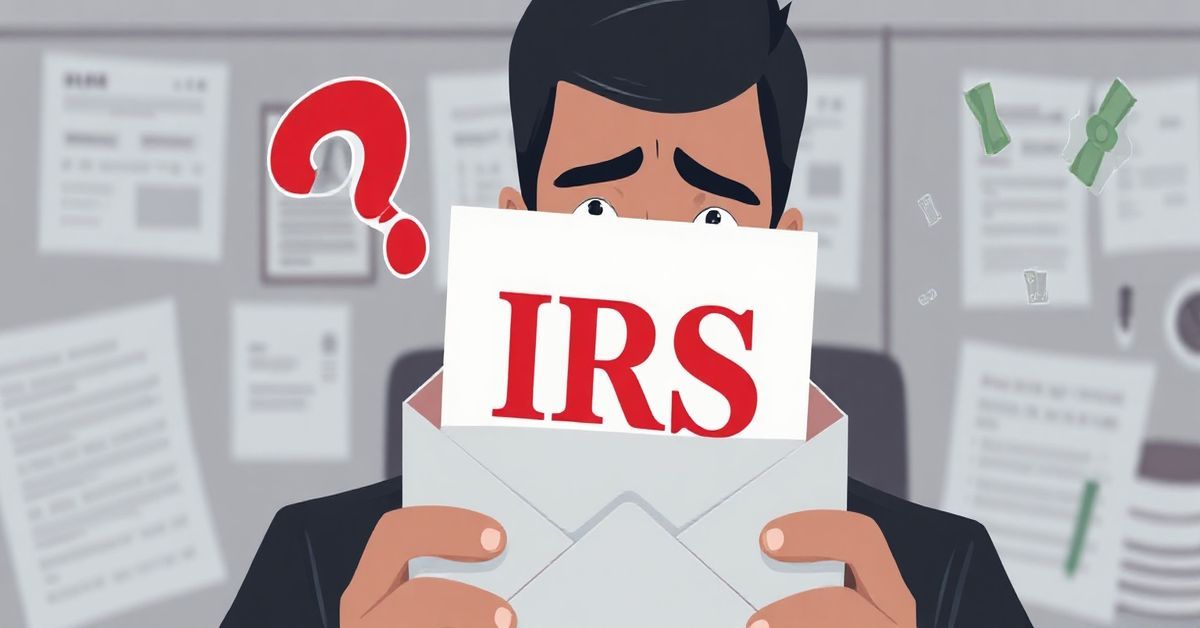CP297B Notice: Final Notice of Intent to Levy and Right to a Hearing
What is a CP297B Notice: Final Notice of Intent to Levy and Right to a Hearing?
A CP297B Notice is a formal notification from the IRS that informs you they plan to levy your property (like your wages or bank account) to pay unpaid taxes. This is a final notice before the IRS takes action and it also explains your right to a Collection Due Process (CDP) hearing to discuss other resolution options.

